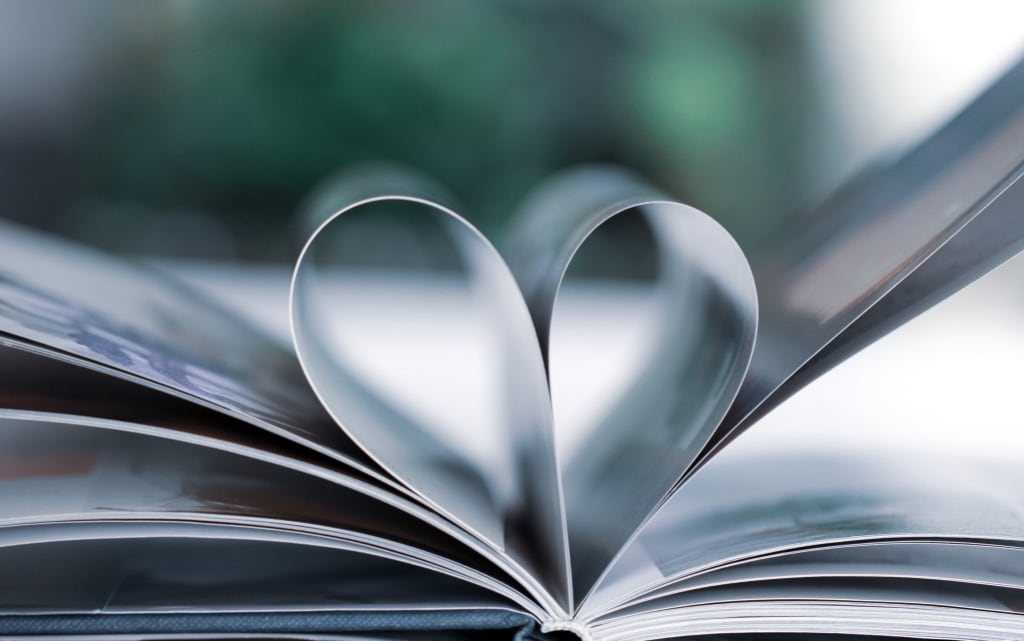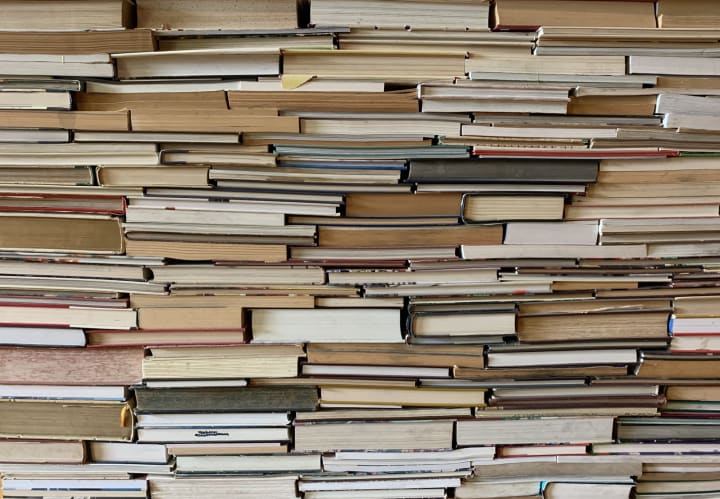When a Self-Help Book Pisses You Off...
It's Time to Ask Why.

If there was an organization to help those addicted to self-help books, I'd belong. Hi. My name is Francesca. I'm a self-help book addict.
Given the industry is well over $13 billion in U.S. annual sales and growing steadily year over year, I know I'm not alone. There are plenty of other addicts. Some will admit it, but many won't. Don't misunderstand. Wanting to improve yourself is incredible and laudable. Let's imagine a world filled with self-improved people.
There is nothing wrong with a quest for better-ness. But there is a chasm between desire and implementation. We need to walk across that bridge called motivation. So, why are we addicted?

The Books.
There is a hierarchy to types of self-help books:
There are timeless classics that are always relevant and carry a potent message. Authors such as Dale Carnegie, Norman Vincent Peale, and Viktor Frankl have influenced generations of people with enduring messages.
The popular self-help books – Covey's "7 Habits," Kiyosaki's "Rich Dad. Poor Dad," and Sanjay Gupta's, "Keep Sharp."
The religious, new age, esoteric, or mystical variety like Tolle, Ruiz, Singer, or Paulo Coelho's The Alchemist,
Some books encourage you to embrace your flaws (Brene Brown) and confront your fears (Elizabeth Gilbert).
There are books with audacious titles – that tell us to hear a different drum, ignore what people think about you, or recognize your "bad self" (in a good way).
Some books are in your face and talk directly about our demons. These books challenge us to acknowledge and work on them if we want to travel that road called the "Best Version of Ourselves."

The Fascination. The Fix.
Self-help books appeal to us for a variety of reasons. At the most basic level, we want to improve but may not know how to go forward. We dive into these books for a reason.
There is a message that you're redeemable and/or fixable regardless of your "issue."
Reinforces what we need/want to hear – we're good, badass, goddesses, etc.
Our need for a quick fix (weight, love, work, future, etc.) is satiated because buying and perhaps partially reading the book – we feel like we're doing something.
Books offer a how-to-guide – a recipe that, when followed, results in a better everything. It's easier following instructions on becoming rich, finding love, getting into heaven, etc., from someone else.
The Flaws. The Failures.
The average person tries 2 fads diets a year – the average quit time is 6 days. Many people start off with great intentions. It's the motivation (lack thereof) that gets us.
Many self-help books are like diets. Read. Get Excited. Promise to Implement. Don't follow through. Forget. Read Another. Repeat.
The book's message might be too confusing, too harsh (read: it's written for someone else with those issues), entertainment but not deployable, or there's no roadmap on how to implement what you just read.
We try to digest the book all at once.
Sometimes the Ones that Strike A Nerve.

I've read all of these books and authors listed and countless more. Most of them had a perfect message. Some of the messaging even stuck through practice. But sometimes, self-help books need to have challenging content that causes us to own our flaws and understand them. Not just tough, eye-catching titles. It's the difficult books, the ones that tell us what we need to know but may not want to hear. The ones that make our hair stand on end, that maybe tell us a truth we don't like to acknowledge, that piss us off and make us defensive – these books are worth the read. Because without a bit of excavation, we just pave over the real stuff needing help – feeling good about ourselves for a moment, until what we didn't fix bubbles up again. Then like a junkie, we run out and buy the next book…and the next.
About the Creator
Francesca Flood, Ed.D.
Author of Learning to DANCE with Your Demons. Her narrative comes from a place of truth and a constant striving to be and do better. Writing is a passion, a privilege, and a means to transmit stories, impart knowledge, and share narratives.






Comments
There are no comments for this story
Be the first to respond and start the conversation.